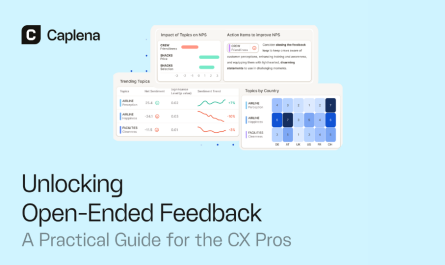Social (media) data combined with passive data from users’ personal devices have become a valuable and frequently used source of information for market researchers. However, critical questions have long been asked about the quality, reliability and accuracy of this data. MRMW 2019 is tackling these questions at the upcoming European edition on June 17-19 in Amsterdam.
A number of speakers from Intel to Formula One and Turkcell are presenting examples how they use social media and passive consumer tracking. These selected case studies showcase a wide use of different types of data while addressing the risks and opportunities surrounding big data and new tech.
Social data offers a valuable addition to the research mix, bringing elements of both qualitative and quantitative research, supposively at lower costs compared to more traditional methods. Moreover, social data provides context that may not be available with traditional research methods, helping to understand consumers on a more holistic level.
Zeynep Soysal of Turkcell, believes that, “Social media is a good source of insight about your brand and customers.” Analysing the data gives you deeper understanding of consumers’ attitudes towards brands without the traditional research bias. The downside of social data however can be that social media does not always depict reality!
However, like any other research method, social data has some caveats as pointed out by John Miranda of Intel, “I think some interesting questions are the application of AI, rising issues around privacy (GDPR, others), tech backlash, fractured trust, and rising anxiety.” He also adds that, “researchers should be prepared to derive insights from the volumes, variety and velocity of data that are rising rapidly from devices surrounding us.”
At Formula 1, Gregory Morris and his team are focusing on passive data to better understand audience behavior and patterns during their races. Formula 1 combines WiFi analytics and the Meshh sensor technology as a method to measure consumer behaviour as it helps to combine claimed and actual behaviour with a significant sample size
Recently of course there have also been some negative headlines about the use of personal data. Olivier Tjon of Beyond Reason brought up the Cambridge Analytica case. He feels that, “However criminal and unethical, Cambridge Analytica should be remembered as a demonstration of the power of the combination of advanced psychological profiling and data automatisation.” This case serves as a reminder that behind all this data are always consumers, respondents, customers and most of all, human beings!
Hear more about the use of innovative new research technologies and methodologies at MRMW Europe 2019. Register today to gain acces to speakers from Procter & Gamble, Heineken, Johnson & Johnson, L’Oreal, IFF, Vodafone, Cereal Partners Worldwide (General Mills & Nestlé), WeTransfer, Anadolu Efes, Sberbank, Nomad Foods, BBC, Dynata, Borderless Access and many more. View Conference Agenda and Speaker Panel. The conference is kicking off on June 17 in Amsterdam. If you haven’t booked your tickets yet, you can still save your seat. Last few seats left! Register now.










 by
by 
